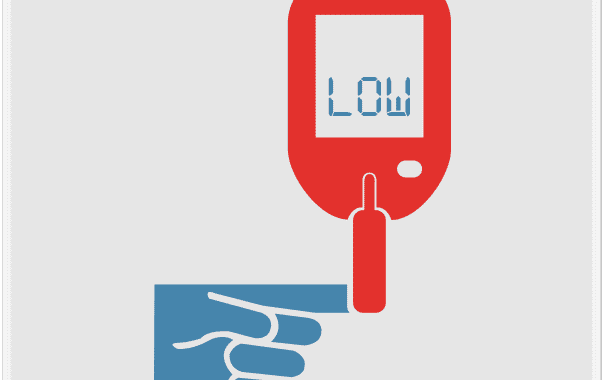What is Glyburide ?
Glyburide belongs to the group of second-generation sulfonylureas—a type of medication that is used to treat type 2 diabetes. People with type 2 diabetes has high sugar levels in their blood because their bodies cannot properly store excess sugar. Sulfonylureas were among the first oral medications developed for high blood sugar levels. They are generally well-tolerated and less expensive.
Insulin is an essential hormone that allows the body to turn sugar from food into energy or store it for future use. Glyburide works by stimulating the pancreas to release more insulin into the bloodstream and into the cells to provide energy; eventually lowering the blood sugar level. An important concern regarding the use of anti-hyperglycemic drugs is their ability to cause hypoglycemia (low blood sugar level). Hypoglycemic attacks are dangerous because they can lead to seizures, loss of consciousness, and even death.
- Also read: Glyburide and Alcohol
- Also read: Glyburide Side Effects
Symptoms of Hypoglycemia
- Sweating
- Extreme hunger
- Dizziness
- Shakiness
- Rapid heart rate
- Blurred vision
- Weakness
- Headache
- Unconsciousness
Glyburide and Hypoglycemia
Several studies suggest that glyburide is associated with more hypoglycemic attacks than most sulfonylureas. Additionally, this medication is contraindicated in patients with renal impairment or severe hepatic impairment because of the high risk of hypoglycemia.
Results from other notable studies:
- Glyburide can be a therapeutic option for women with gestational diabetes mellitus, but it is currently not approved for such indication.
- A meta-analysis of 21 studies revealed that patients receiving glyburide has a 52% higher risk of hypoglycemia than those taking other insulin medications.
- When compared with other second-generation sulfonylureas, hypoglycemia occurred twice as often in patients receiving this drug than those taking glipizide.
- The higher risk of hypoglycemia in glyburide is not associated with lower glycated hemoglobin values (HbA1c); the average glucose concentration in the plasma that is useful in diagnosing diabetes.
- Patients receiving glyburide, except those with gestational diabetes mellitus, may be switched to glimepiride or glipizide.
You can check Glyburide cost at canadianinsulin.com.
Disclaimer: Please note that the contents of this community article are strictly for informational purposes and should not be considered as medical advice. This article, and other community articles, are not written or reviewed for medical validity by Canadian Insulin or its staff. All views and opinions expressed by the contributing authors are not endorsed by Canadian Insulin. Always consult a medical professional for medical advice, diagnosis, and treatment.


